I love you = Wo Ai Ni?
July 15, 2012
Language is so much more than the words we utter. Along with verbiage, our communication is expressed through tone, body language, and cultural implications. Living in the cross section of American and Chinese culture, the missed layers of communication I observe between members of the respective cultures is at best humorous, and at worst, cause for broken relationships.
Take, for example, the usage of the phrase “I love you.” I have heard Americans say those three words to people they’ve barely met. I slowly learned not to squirm uncomfortably when I hear these words of affection thrown around like a greeting or more often a closing quip as companies depart. My American friend recently admitted to me sometimes she feels those words are cheapened by how freely and frequently they are tossed around in her family. Being Chinese I’ve had to learn this cultural phenomenon and I’ve observed the following three situations in the way Americans say “I love you”:
1. A semi-to total functional family who genuinely respect and support one another may express I love you frequently as a sign of authentic love for each other. They see the importance of leaving no room to doubt for their children or spouse to truly receive the heart behind the verbally spoken words.
2. I love you becomes an acquiescence to societal norms in an effort to cover up what’s really not-so-functional underneath. Imagine a parent who is never around and drops the L-bomb at the end of a phone conversation in order to soothe their guilt. Or a marriage whose passion has grown cold but continue the ritualistic “I love you-s” each morning as they go off to work in order to keep up the appearance of a healthy bond.
3. Sadly there are truly broken, perhaps even abusive, homes where family members have never been loved nor been told they are loved.
The problem arises when Americans encounter Chinese families who have never uttered those precious three words, “wo ai ni”. I’m afraid the American easily jumps to the conclusion the Chinese must therefore be a number 3 family. I’m even more afraid when Christian Americans make it their mission to demonstrate true love to Chinese families with the assumption they must not know how to love if they don’t say it. This is simply a false assumption! Chinese families know how to love fiercely. They do it through immense generosity, unwavering loyalty, and a lot of food. We love differently, not better, not worse, but definitely different.
This is not to say I don’t think there’s value in verbal expressions of love. Some non-traditional Chinese families are starting to freely say I love you to each other and I believe that can be a healthy development. But I do believe the community should decide for themselves when or how they want to exhibit the love without being judged for being unloving unless they express themselves a certain way.
I’d be interested to hear what my American or Chinese readers think about this subject. Do you say “I love you” to your families and friends?